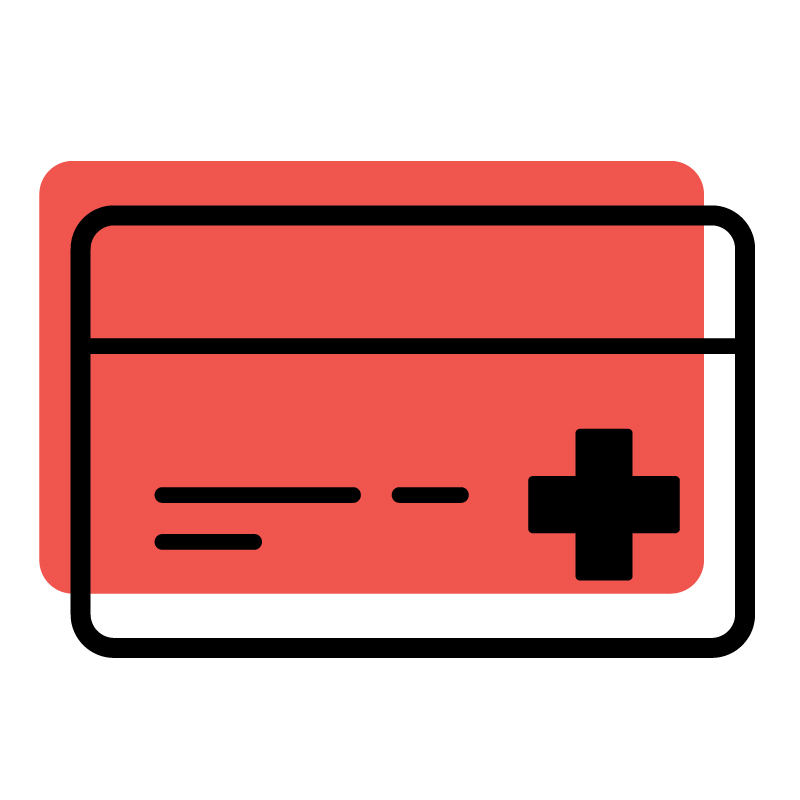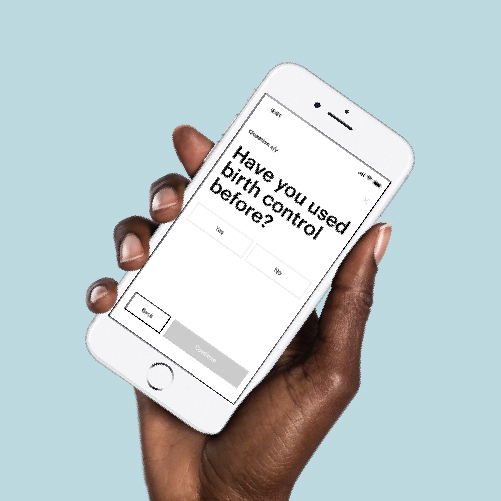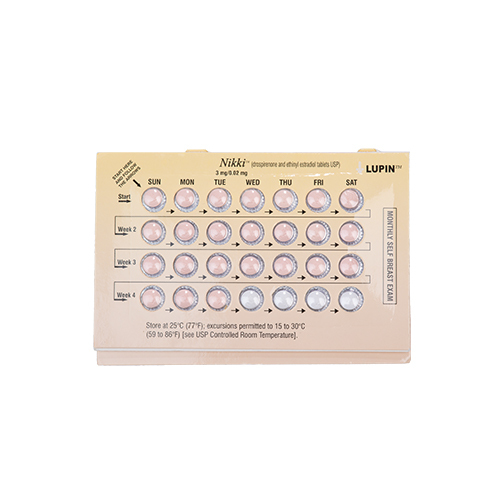If you prefer this specific medication, let your provider know the medication name and strength in the preference section of the health assessment.
Why Nurx?
-
 Free, fast shipping with automatic refills for items fulfilled by our pharmacy. Easily pause or cancel anytime.
Free, fast shipping with automatic refills for items fulfilled by our pharmacy. Easily pause or cancel anytime. -
 Clinically-recommended medications & affordable out-of-pocket prices.
Clinically-recommended medications & affordable out-of-pocket prices. -
 Unlimited messaging for one year with licensed providers.
Unlimited messaging for one year with licensed providers.
Product details
Nikki is a generic brand of Yaz, a very popular choice and one of our favorites here at Nurx. Nikki is an especially good pick for those who suffer from skin problems. It features a slightly extended active cycle (24 pills instead of the more common 21), which helps make your period become both shorter and milder.
Birth control type:
Combination birth control pill
Recommended for:
✓ Treating acne
✓ Treating PMDD
✓ Reducing painful periods
✓ Lighter, shorter and more regular periods
| Price with Insurance | Out-of-Pocket Price |
| As little as $0 per month for the medication | As little as $20 per month for the medication |
We also charge a $30 medication consultation, which includes unlimited access to our medical team for a full year.
See why 1,000,000+ patients have trusted Nurx for medical care online:
| Nurx | Other Brands |
| ✓ Affordable ✓ Insurance accepted ✓ No subscription needed ✓ Unlimited, ongoing medical care from an app ✓ $0 shipping — always |
Expensive Insurance not accepted Subscription required Medical care limited by number of credits $5 to $20 shipping fees |
Brand name:
Yaz
Generic versions:
Gianvi, Drospirenone-Ethinyl estradiol, Loryna, Vestura
For our refund and return policy, please see our terms of use.
See full product details
Additional Details
FAQ


How It Works






